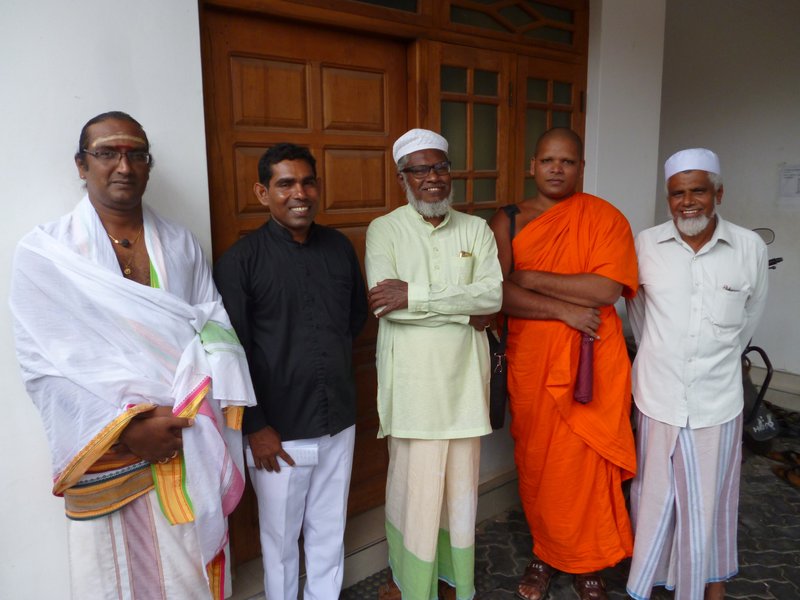Faith with its sleeves rolled up
Peter Waddup, CEO - The Leprosy Mission Great Britain
In a world where faith and politics are at odds, it has been heartening to see the public embrace a new pope.
Leo XIV is the first American pope. Yet he has been claimed as Peruvian in the country where he served as bishop for many years.
The new pope's work with marginalised communities in Peru is clearly etched on his heart. In his first address at the Vatican, he effortlessly switched from Italian to Spanish. From the balcony he welcomed the faithful "from my beloved diocese of Chiclayo in Peru".
A charity worker said the pontiff was a person "who would put on boots and wade through the mud" to help those most in need. (This was something he literally did in 2022 when torrential rains hit Chiclayo.)
Reading endorsements such as this to Pope Leo XIV's character has been a real encouragement to me. His calls for lasting peace and humanitarian aid in his first Sunday address were such a tonic to the soul. They seemed almost counter-cultural in an increasingly turbulent and divided world. A world where the wealthiest nations are turning away from people starving to death.
Tragically the US and the UK have become markedly more inward-looking. The two nations have slashed overseas aid. There is a worrying rising anti-immigration rhetoric in both countries. The US Vice-President has even argued a 'hierarchy of love' to justify an anti-immigration stance. JD Vance said that love starts with family before extending it to neighbours. He then said it extends to nation and finally, very much last and least, to fellow human beings.
Vance, most distressingly, claims this hierarchy is born out of Christian teaching. Yet nothing could be further from the truth. This is politicians telling us how to love and not the scriptures.
I am a Christian and we are so clearly called in the Bible to love our neighbours. Jesus tells us that this might not be the person living immediately next door. In the Good Samaritan story, he makes it abundantly clear that it could be someone of a different culture and race to us. Reaching out to the poor and marginalised isn't something exclusive to Christianity either. All the major religions encourage compassion, justice and almsgiving.
In our work across Asia and Africa we team up with faith leaders from all religions. My colleagues train them to recognise the early signs of leprosy which has helped so many.
Faith leaders have deep and trusted relationships with the communities they serve. They are therefore ideally placed to educate people about leprosy. They are in a good position to advise someone to see a health worker so that they can be cured. They are likely to be believed when they tell them they not cursed and that they need not feel ashamed.
Just to be clear, I am not denying the incredible work carried out every day by people not following a faith. Acts of kindness, big or small, always make the world a better place. And it goes without saying that my colleagues around the world help people of all faiths and none.
Yet it is often faith that spurs a person into doing good works. As Christians we believe every person in this world is created by and deeply loved by God. And as believers we want to share God's love with everyone he has made. In fact, what is faith if it is not shared by caring for our fellow humans?

Faith in action: Faith leaders in Sri Lanka meet ahead of an interfaith leprosy awareness event